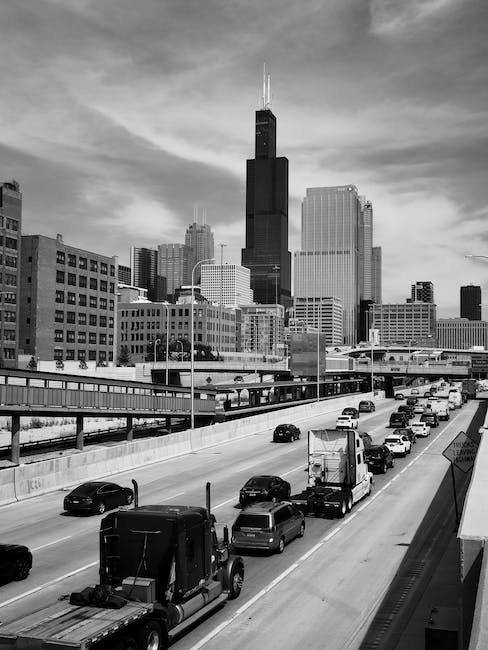
A common question I get from customers is if they go to jail if they are arrested by the police. Yesterday I got a call from a potential customer who was caught shoplifting at a local Target store. When approached by store security, he ran out of the store, jumped in his vehicle and drove out of the store. He noticed security forces chasing him back to his car and realized they probably had his license plate. The next day he spoke to a police officer who told him he was on video committing the crime and leaving the store and that they would charge him with retail theft. He wanted to know if he would go to jail if he turned himself in as the police demanded. This is a common question I get from people asking me for advice. Many people do not know what happens when they are arrested and what their rights are when they are in police custody and cannot walk freely.
How long can the police hold me before charging me or releasing me?
How do arrest warrants work?
Arrest warrants are issued by the judge. They instruct the local police department to find and arrest a specific person so that they can be brought to justice. They are usually issued because the subject of the order:
- failed to appear at a required court date, such as tixag_14) violated a probationary period, such as B. his obligation to community service, or
- has failed to comply with a court order, e.g. B. the payment of child support.
In prison | Charges or Clearance | A Criminal Attorney | The 72-hour rule from a lawyer’s perspective.
Once a person has been arrested, taken to jail and a probable cause of detention has been reviewed by an independent judge within 48 hours, the local prosecutor’s office must decide whether to press charges.
Unless a prosecutor decides to press charges, you or a loved one will be held in jail solely because the police officer and judge have found a probable cause for your arrest.
youtube.com/embed/sC_qdm501LM” frameborder=”0″ allowfullscreen>
In order to detain you for more than 72 hours (excluding weekends or public holidays), the public prosecutor must file a criminal complaint. You have up to 72 hours to charge people detained by police | judges, or a person must be released. If 48 hours have elapsed, this means that the prosecution only has another 24 hours to do so (note, however, that the 72-hour period does not include any part of Saturdays, Sundays or public holidays). When They Don’t File What Criminal Attorneys Do | The lawyers in the business call for “quick” fees, they are released; Note, however, that a prosecutor may still file criminal charges and (1) mail them to you, or (2) request a court to issue an injunction. You’ll find that when the prison releases you, they make sure they have an up-to-date address. This is important because if you lose your charges, a warrant will be issued for your arrest.
What to do after an arrest?
After an arrest, it is important to exercise your rights. This includes the right to remain silent to avoid self-incrimination, so it is recommended not to speak to the police until your lawyer is present. The arresting officer may try to have a friendly conversation with you after an arrest, but this is usually to get you to admit to criminal activity. Be polite, but stand firm in protecting your rights.
You may also be questioned after arrest and while awaiting charges. Regardless of the situation, politely tell the police that you will not answer any questions until your lawyer is present. The bottom line? Do not speak unless you need immediate medical attention before you have had a chance to consult with your attorney. Remember that this is your right and you should not be penalized for exercising it.
How does police custody work?
In order to arrest you, the police must have reasonable suspicion and reasonable grounds that your arrest is necessary. Our previous post explains the need for arrest.
Depending on the crime, the police can arrest you at any time of the day and anywhere, including at work, at home or in public. If you are taken into custody, the police must provide:
